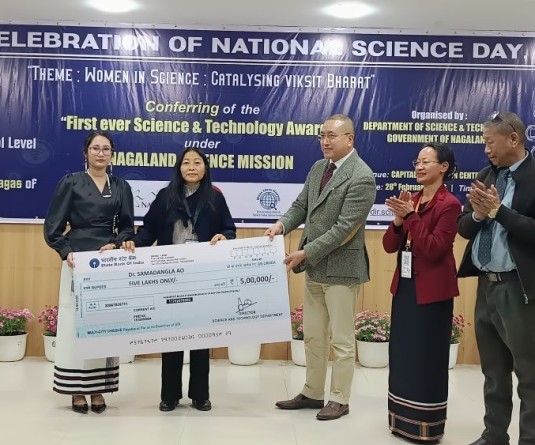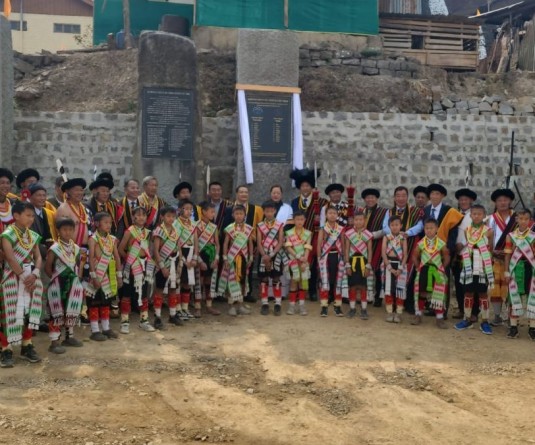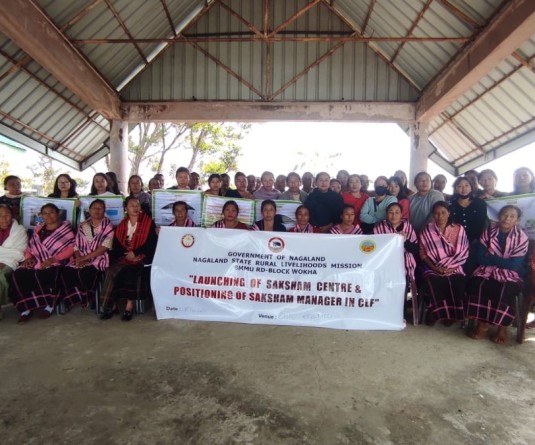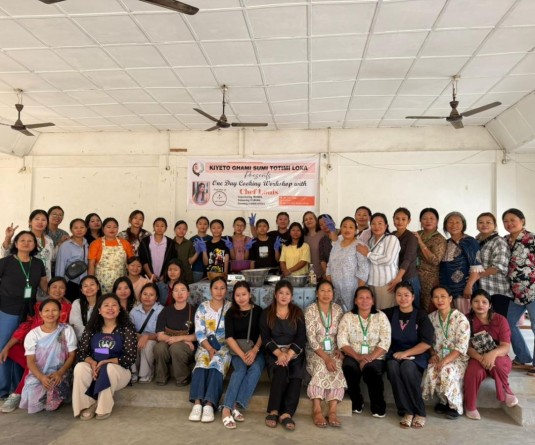
Geneva, July 27 (MExN): The Unrepresented Nations and Peoples Organization (UNPO), in collaboration with the Global Naga Forum, raised concerns over systemic human rights violations against the Naga people during the 18th session of the United Nations Expert Mechanism on the Rights of Indigenous Peoples (EMRIP), held in Geneva on July 16. Representing the Naga people, who have been members of UNPO since 1993, the organisation made a joint intervention under Agenda Item 5, which focused on the implementation of the United Nations Declaration on the Rights of Indigenous Peoples (UNDRIP) with a special emphasis on traditional economies.
In a statement delivered on behalf of the Global Naga Forum, UNPO highlighted what it called “ongoing systematic human rights violations” faced by Nagas across Myanmar and the Indian-administered regions of Nagaland, Manipur, Arunachal Pradesh and Assam.
“Speaking on behalf of the Global Naga Forum and the Naga people, UNPO emphasized that these travel restrictions reflect broader systemic efforts to silence Naga voices, both domestically and internationally,” the statement said.
The intervention flagged the continued enforcement of the Armed Forces (Special Powers) Act (AFSPA) in Naga-inhabited areas, describing it as a law that “perpetuates impunity for human rights violations — most notably illustrated by the Oting massacre in 2021, which received wider media coverage than the ones before it.” UNPO also drew attention to the Indo-Naga political issue, criticising the Government of India’s alleged failure to implement the 2015 Framework Agreement. “The Indian government’s failure to implement the 2015 Framework Agreement, which was meant to recognize the Nagas’ unique history, identity, and governance systems,” was cited as a critical concern.
According to the statement, Naga communities on both sides of the Indo-Myanmar border are witnessing severe impacts on their traditional economies. These systems, rooted in ancestral lands, kinship networks, and cultural heritage, are under threat due to militarisation, border fencing, and the dismantling of the Freedom of Movement Regime. “The militarization of Naga territories through the AFSPA, combined with the construction of the Indo-Myanmar border fence and the dismantling of the Freedom of Movement Regime have undermined not only livelihoods but also social cohesion, cultural continuity, and intergenerational knowledge transmission,” the statement said.
It noted that such measures have “severed kinship ties, blocked access to farmlands, and dismantled local trade,” and argued that they contravene Articles 20, 23, and 26 of UNDRIP, which relate to economic development, the right to determine priorities for development, and the right to land and resources.
To address these issues, UNPO and the Global Naga Forum issued a four-point call to the Government of India. They urged the government to fully implement the 2015 Framework Agreement, repeal the Armed Forces Special Powers Act, reinstate the Freedom of Movement Regime along the Indo-Myanmar border and explore “community-based, rights-respecting alternatives to border fencing in consultation with affected Naga communities,” and formally recognize the distinct legal status of indigenous peoples in India, consistent with international human rights standards.
UNPO also reaffirmed that “the Naga people remain committed to dialogue and to working constructively toward a just and peaceful resolution; one that respects their dignity, heritage, and self-determination.” In concluding the intervention, UNPO urged the Expert Mechanism and UN Member States to “support the Naga people in their ongoing struggle for peace, justice, and the protection of their fundamental rights.”






